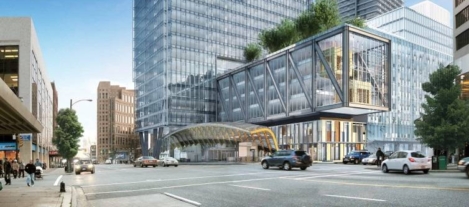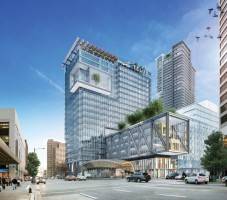August 9, 2016
UK and Australia lead the world in tech use for sustainable development 0
 A new report from the United Nations claims to identify the world’s leading nations in the use of the Internet to support sustainable development. The E-Government Survey 2016, assesses how e-government principles are applied to support the UN’s 15 year plan to use sustainable development to end poverty, boost growth and tackle climate change. The report highlights how the application of new technology can make government institutions more transparent, accountable and effective, encourage democratic participation, improve the delivery of services and allow policy makers to take account of the big picture when coming to decisions. The report claims that the UK government is setting worldwide standards for other countries to emulate. The model is replicated in Australia, Europe and New Zealand. South Korea was placed third and the report highlights successes in countries like Turkey and China, but states that many regions are not taking advantage of the opportunities offered them by the Internet.
A new report from the United Nations claims to identify the world’s leading nations in the use of the Internet to support sustainable development. The E-Government Survey 2016, assesses how e-government principles are applied to support the UN’s 15 year plan to use sustainable development to end poverty, boost growth and tackle climate change. The report highlights how the application of new technology can make government institutions more transparent, accountable and effective, encourage democratic participation, improve the delivery of services and allow policy makers to take account of the big picture when coming to decisions. The report claims that the UK government is setting worldwide standards for other countries to emulate. The model is replicated in Australia, Europe and New Zealand. South Korea was placed third and the report highlights successes in countries like Turkey and China, but states that many regions are not taking advantage of the opportunities offered them by the Internet.







 1 The next big thing in office design is not what you think but is certainly a sign of the times, according to a story in Inc; it is
1 The next big thing in office design is not what you think but is certainly a sign of the times, according to a story in Inc; it is 
 The changing energy demands of British cities are revealed in
The changing energy demands of British cities are revealed in 























August 17, 2016
Do people really matter when we design workplaces? 0
by Steve Maslin • Comment, Events, Facilities management, Workplace design
(more…)